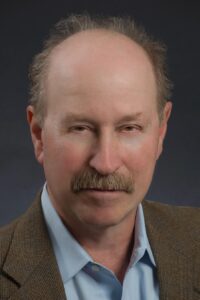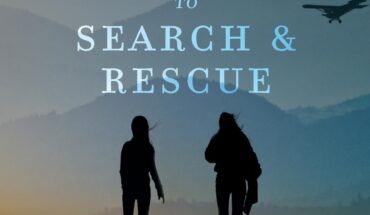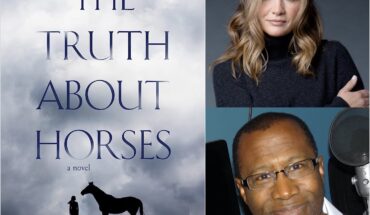
Photo credit: Chuck Nacke
Phillip Freeman is a student of the dream world in clinical settings, sport, and theater. Talk to him about unconscious conflict, trauma, symptoms, inhibitions, and illusions.
Novel Incubator Year: 10
Current Project: Most Things Don’t Happen. Literary fiction about a psychiatrist in mourning who must risk waking up from his golf course dream to battle the developer who threatens his sanctuary.
What writers have most influenced your writing?
I’ve heard my betters apologize for invoking Hemingway, so I hesitate to mention the rogue’s gallery of my own formative influences, but here goes: Roth, Updike, Barth, Elkin, Coover, Mailer, and Pynchon. Bad-boy celebrants of doing and knowing. In later years, experiencing the quieter emotions that accompany inevitable change and loss, my tastes evolved, or at least adjusted, and authors like Nicole Krauss, Sigrid Nunez, and Simon Van Booy seemed more to the point.
What’s the origin story of your Incubator novel?
In my twenties, on a West Coast golf course, I walked beside my closest friend and psychoanalyst colleague, a passionate golfer, as he played 18 holes. I did not play. I had never played. My wife, a golf orphan in her development, had forbidden it. Walking the course that day, I was struck how the round unfolded like a novel. The setting changed from mist to blazing sun to cool shadows. The mood changed from hope to hopes dashed, moments of redemption, moments of resignation, and the endless, often ironic search for a soothing perspective.
Years later, I succumbed at a professional meeting. “Honey, it didn’t mean anything.” She reconsidered, and now my wife and I play golf together wherever there is grass.
My golfing colleague and I decided to direct our decades of clinical experience to studying the curiously neglected issue of golf psychology. We started a web page, The Mind of Golf. He contributed essays comparing bad golf instructors to bad therapists, and I wrote the earliest form of what was to become my Incubator novel.
What is your greatest struggle on the page?
I need to get out more. In my work, I spend all day every day listening to people’s internal worlds, including their highly subjective renderings of the external world and the people in it. I’m sure I spend at least as much time in my own head—Where else could I be?—and I am a bit of a Poindexter to boot. The burden of proof that there even is an external world of action and plot is, as I see it, on the world.
But I am trying to learn. Really. The main character in my Incubator novel is trying to save a golf course but, of course, he is also trying to save himself. So how do I get out of his head? I don’t know. Things happen. (Although, most don’t.) There are obstacles and crises and a dark night of the soul. He even changes. A little. But there is so much room in his head. The world seems quaint by comparison.
I love the absurd struggles and aspirations of my characters. I like to think that, at my best, love comes across in the writing and brings the reader some new experiences.
What is your work when you’re not writing?
I work as a psychiatrist and psychoanalyst. Lucky for me, the work of the psychoanalyst exists. It always seemed the only career I was suited for, at least until writing came along. Writing exercises many of the same muscles. When I started at GrubStreet, it was hard to tell the difference between writing seminars and clinical seminars. The questions were similar (“What is the story about?”), as were the aspirations to better clarify and articulate the conflicts and motivations of the characters. The courage of the writers who risk revealing themselves in their works and in their efforts to turn their struggles into art was also familiar. Of course, clinical work involves real people and real suffering, so the comparison is limited, but the role of the analyst and the role of the writer often overlap.
What is your favorite punctuation mark? Why?
The period. As in lapidary prose, or a tic. As in percussion, or a compulsion. No verbs. No subjects. It’s fun to drive the spell-check function into a frenzy. Anything can go too far. But still.
Bio:
A book excerpt from Phillip’s Incubator novel, Most Things Don’t Happen, appeared in the Solstice Literary Magazine. His essay about finding an avatar psychoanalyst in a virtual world was cited by BBC Future as Best of the Web. His book Adaptations is a collection of his satirical monologues. He has an MD from Columbia University and faculty appointments at the Harvard and Boston University medical schools, and the Boston Psychoanalytic Society & Institute. He is currently a psychiatrist in private practice in Newton, Massachusetts.



